Theme Festival - Biographical Documentaries
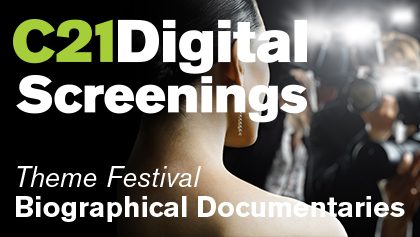
Biographical documentaries are hot property at the moment. In this article, we explore the reasons why, dig into some recent hits and look at what’s coming down the production pipeline.
During his keynote at last month’s virtual edition of MipTV, English football legend David Beckham revealed plans to make a biographical documentary about himself via his recently launched prodco Studio 99.
Beckham said he was inspired by Netflix’s 2020 documentary series The Last Dance, which chronicles the life and career of American basketball royalty Michael Jordan.
Biographical documentaries appear to be something of a trend these days. Other sports stars to have recently featured in films or series about themselves include footballer Cristiano Ronaldo, while political figures including former US president Abraham Lincoln and singers like Whitney Houston and Amy Winehouse have also been the subjects of hit documentaries in the past few years.
Last month, UK pubcaster BBC2 premiered six-part docuseries A Life In Ten Pictures, which examines six celebrities, including Queen frontman Freddie Mercury and actress Elizabeth Taylor, through 10 photographs.
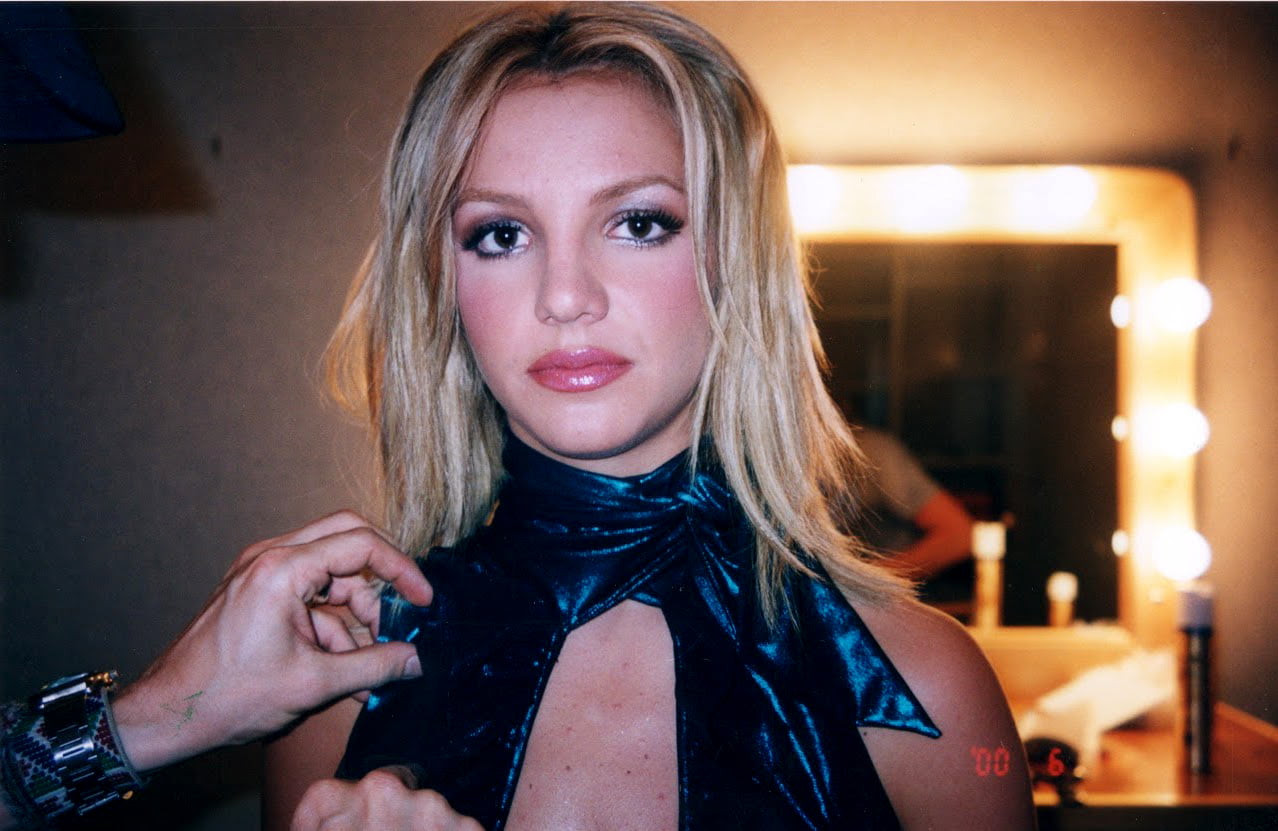
One of the most talked about – if not the most talked about – biographical docs of the past year has to be US network FX and streamer Hulu’s Framing Britney Spears. Produced by The New York Times and Red Arrow Studios’ Left/Right Productions, the doc debuted in February and was picked up by international broadcasters at lightning speed.
According to Shirley Bowers, VP of sales and acquisitions for North America, the UK, Australia and New Zealand at Red Arrow Studios International, which distributes the doc, Framing Britney Spears was “probably the most in-demand title” the company has had in the past five years.
“People were reaching out the minute the doc was announced in the States. We closed deals in the English-speaking territories immediately and everybody wanted to air right on the back of the US airing. Immediately following that, the major territories of Germany, France, the Netherlands and Scandinavia all reached out. We closed deals very, very quickly. It was a whirlwind two weeks for the sales team where everything froze and it was all just about Britney,” Bowers says.
“Everywhere it has sold it has overperformed. In some territories, like New Zealand, it was launched digitally first and built up such a demand that it then went on to the linear channels. It broke records for Sky in the UK, where it became the most viewed documentary for its new channel Sky Documentaries.”
Bowers suggests the doc, which examines Spears’ rise to fame, her constant hounding by the press, the mental issues she has experienced and her ongoing conservatorship, has resonance today as it reflects current issues seen in modern society and a need to look back at high-profile people and past events through a new lens.
“People are interested in the lives of fascinating and influential people, but they also want to re-examine people and events that might have been previously misunderstood, glossed over or even outright ignored. These biographical docs allow us to do that,” Bowers says.
“Framing Britney Spears shows people that the media coverage of Britney was really slanted. Issues like this are at the forefront of society with all the activism that’s been happening over the last 18 months. The Britney doc is really zeitgeisty in that way, in that it taps into a lot of societal conversations that we’re having, but also through this nostalgic lens of one of the biggest pop stars in the world. There’s a particular spike in interest [in biographical docs] now because of the social events going on around us.”
Bowers also points out that in order to approach subjects like Britney – who have been well-documented before – in a new way, the production teams must also be able to offer a fresh direction.
“When the production team started researching for Framing Britney Spears they found that all of the big stories about Britney had been produced and made by men and that all of the interview subjects were men. So they dug deep to find women who had first-hand knowledge of working with Britney, and the difference between how the women saw Britney and how the men saw Britney was shocking,” she says.
“So the production team went even further. They brought all-female teams into the interviews, which made interview subjects that had been interviewed before open up in a way that they hadn’t done previously.”
Framing Britney Spears is part of The New York Times’ documentary strand with Left/Right, which includes a host of other docs that are also driven by issues in society. The strand has been very successful due to strong demand for these types of doc, Bowers notes.
“Biographical docs on people whose lived experiences openly address power relations in society and motivate citizens to act are in the highest demand,” she says. “They don’t have to be about musical acts or actors or political figures, they can also be documentaries that give a voice to victims of abuse by the powerful. So it’s not really a story of who those powerful and influential people are, but what the impact of their actions has been on the regular everyday person.”
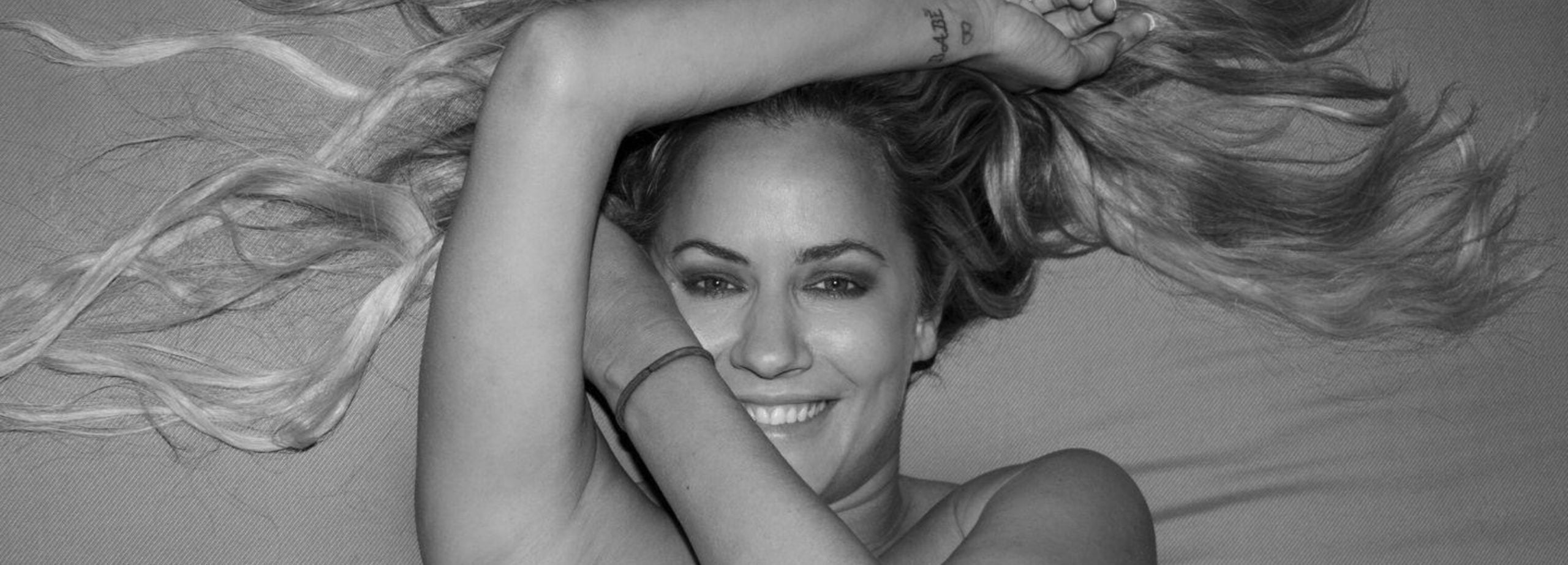
In the UK, factual prodco Curious Films went down a similar path with Caroline Flack: Her Life & Death, a doc for pubcaster Channel 4 that examines the pressures that fame, mental health, the press and social media had on the late TV presenter.
Curious Films started making the doc with Flack when she was about to go on trial for allegedly assaulting her boyfriend. According to the prodco’s co-founder Dov Freedman, Flack had wanted to use the doc to tell her side of the story after being lambasted by the press, but she tragically took her own life before the film had been completed.
“When Caroline passed away the film became something very different. We picked it up some months later with her family and obviously the story changed quite dramatically. It touches on so many other themes, like mental health and suicide, and is a film that works for an audience beyond just fans of Caroline Flack because it opens a window into some of the stuff people have to put up with, especially women,” Freedman says.
Caroline Flack: Her Life & Death is the second most-viewed documentary to date on Channel 4’s VoD platform All4 and the third biggest of all its shows to date, behind HIV/AIDS crisis-themed drama series It’s a Sin and Michael Jackson doc Leaving Neverland.
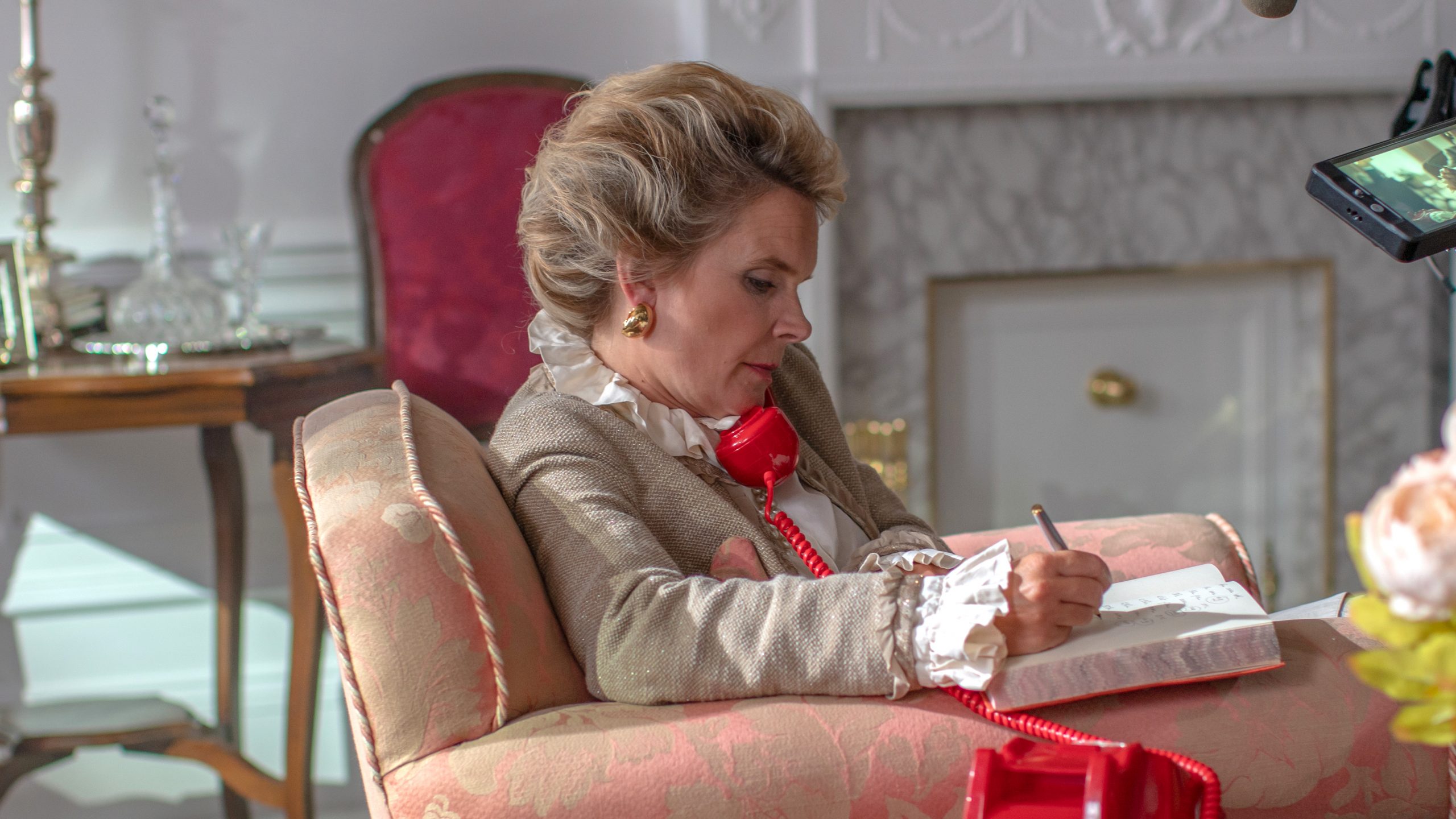
Back in the US, Matt Robins, creative director of London- and LA-based October Films, also sees a demand for biographical docs that penetrate deeper than the surface by approaching subjects through a different lens while reaching out to modern audiences. October has done this with CNN’s docuseries First Ladies, which chronicles the lives and achievements of the wives of six former US presidents.
“With First Ladies we were trying to find a way to talk about a subject that was right in the centre of the bullseye in terms of what CNN’s audience would naturally lean into, but the idea was to come in at a tangent. These six women had always been talked about for what they wore, what they looked like and how they were going to decorate the White House when they moved in, and it struck us that no-one had looked at these women in a much more modern context, in terms of what they achieved, how they used power and whether they wanted the job of first lady,” Robins says.
“We didn’t realise it at the time, but First Ladies is part of a bigger moment of reflection where a lot of people in the unscripted business are looking at history and bringing a modern analysis to events that we perhaps didn’t question at the time. When you look back at the stories of Lady Bird Johnson or Nancy Reagan, there’s so much more to say now than was probably allowed to be said by a predominantly white male clique of journalists and analysts at the time. So the whole idea is about bringing a fresh lens to people that you think you know.
“It feels like we’re in a sea-change moment where audiences are asking for more. It’s not enough just to say, ‘Here’s this person’s life story from beginning to end.’ You have to work a bit harder to reflect a modern audience in the content you’re making.
“Biographical documentaries now are much more meaningful and profound [than they once were]. You can draw a direct line from some of the gigantic names to the big themes of the last 25 to 50 years. I think biography for the sake of biography is probably dead. These types of biographical documentaries and historical revisionism are really powerful tools for helping people navigate everything that’s happening in their lives at the moment.”
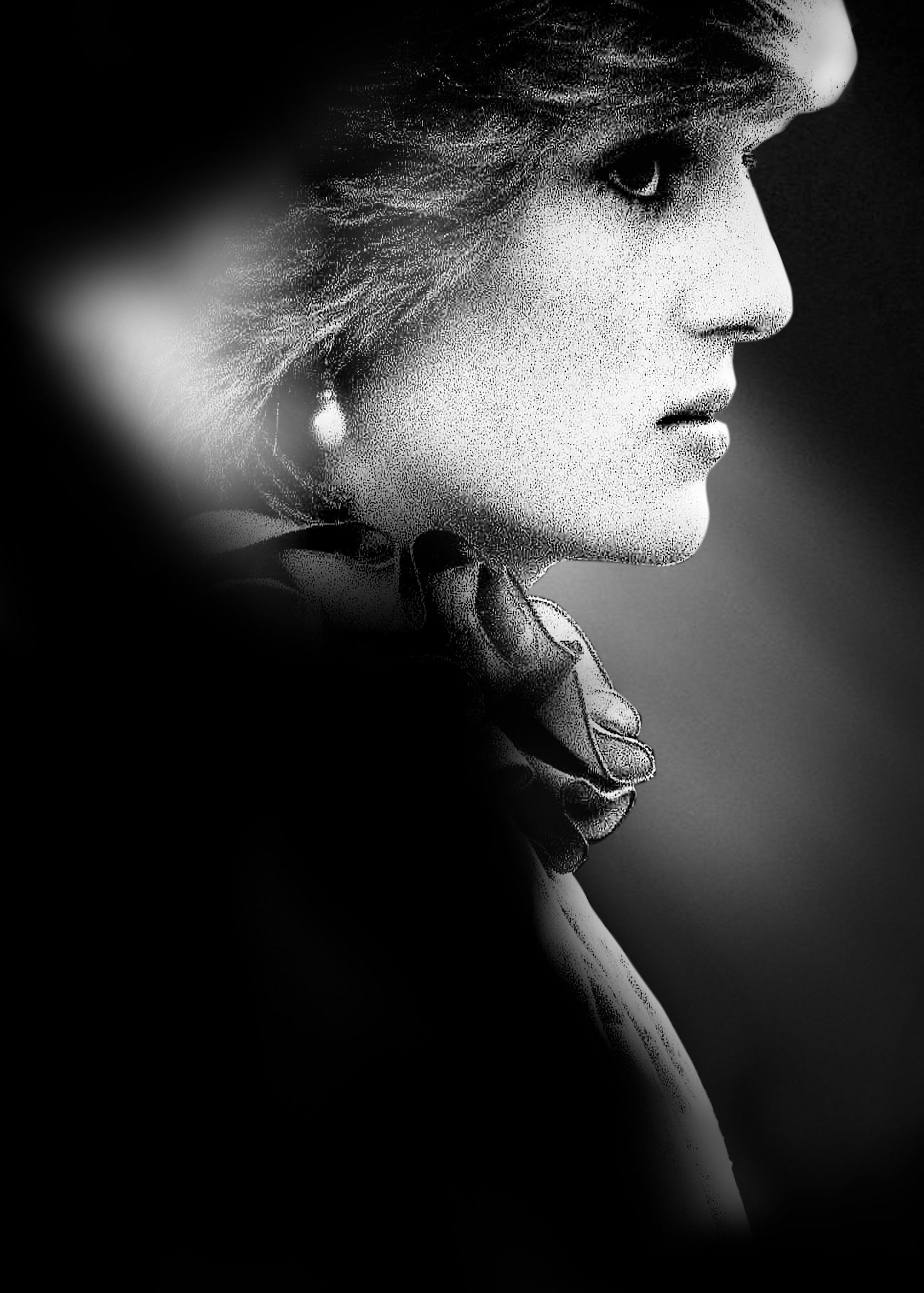
October Films is also in production on six-part biographical docuseries Diana for CNN, about the late Princess of Wales. Princess Diana has been the subject of numerous documentaries, but October’s aims to focus on issues she faced like struggling with mental health and an eating disorder.
“Diana is quite an intimidating subject in many ways because so much has been said, but what we wanted to do was pull back from what we know and start removing some of the tags that were applied to Diana at the time. Her mental health was considered a weakness and as she started to gain a voice in her own life, voices from outside started to attach these tags to her, that she was a troublemaker, that she was problematic,” Robins says.
“So we’re trying to look at her as more of a blueprint for a very different kind of female experience. She talked about her mental health publicly in an era when no-one was doing that in Britain. She talked about an eating disorder publicly – again a subject that wasn’t really touched upon, certainly not by people in her position. She sat with AIDS victims – nobody was doing that in her position. She went to Africa and talked about landmines. And all the way through that, she was pilloried and mocked and laughed at.
“I watched Framing Britney Spears and I think there are echoes in both of these projects that now, when you stand back, you’re able to see. You don’t have to be a royalist or a sympathiser of the aristocracy to relate to somebody’s experience when they are under that much pressure every single day.”
Unscripted prodco Lightbox, which is also headquartered in London and LA, is in the process of making a documentary about Princess Diana which is due to hit cinemas in summer 2022. Produced in association with HBO and Sky, Diana will make its TV debut on those channels following its theatrical release.
Acknowledging that Diana’s life has been well-documented in the past, Lightbox co-founder Simon Chinn points out that this archive-only doc will be the first to appear in cinemas. “Diana’s story is so well-trodden; everyone’s done it, but it’s been done in a very particular way. It’s been done for television and has never really been done as a cinema doc before,” he says.
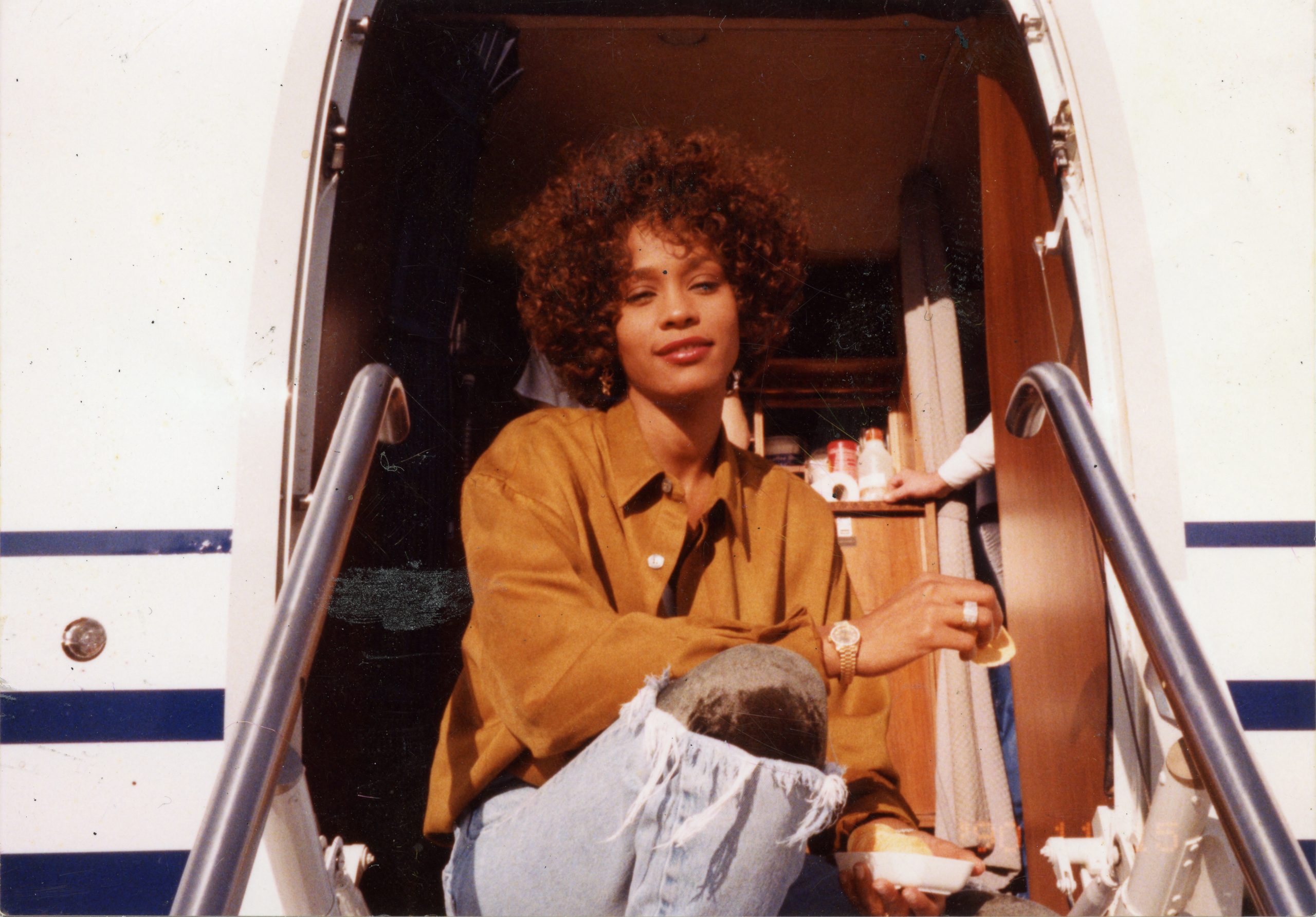
Lightbox is no stranger to producing documentary features for theatrical release, having launched biographical doc Whitney, about the late singer Whitney Houston, in cinemas in 2018. Despite Houston also being a well-documented subject, Chinn says Lightbox’s relationship with the singer’s family allowed the prodco to produce a unique doc with a different angle.
“The fundamental challenge of these projects is to do something that hasn’t been done before. We knew that the unfettered access we had to Whitney’s family, plus their willingness to cede editorial control to us and their willingness to tell a really honest story, was enough to allow us to feel that we could do something distinctive and definitive,” he says.
“Actually, the story we did tell wasn’t to the liking of some of the key family members, but in the end they allowed it because they felt it was important to understand what had happened to Whitney, particularly her demise, and evoke a compassionate understanding of how and why she became an addict and how that affected her life. The stories of abuse that we revealed did, in some way, redeem her in the public consciousness as someone who had an illness and real struggles in life, so we were keen to go on that journey and take her away from becoming a tabloid commodity.
“Whitney presold incredibly well. We basically sold it to the whole world during the Cannes Film Festival on a territory-by-territory basis to theatrical distributors and I think that was the first time I’d ever been able to do that.”

Lightbox also recently produced biographical doc Tina, about singer Tina Turner, for HBO in the US. The prodco had initially marketed the film for theatrical release but it didn’t quite garner the same level of interest that Whitney had, according to Chinn. The film was still a success on HBO, however, achieving the best ratings for an HBO doc since 2019’s Leaving Neverland.
“Tina wasn’t looking for a documentary to be made about her; she didn’t want to know and wasn’t initially interested. I actually had to go and meet her and her husband to persuade them that what we wanted to do was going to be worthwhile,” Chinn says.
“Her reticence comes out in the film and I think audiences really appreciate that. They appreciate that she’s not running to the camera desperate to tell her story. Tina is alive and she’s not giving an interview like that again. This will probably be the last one she ever does.”